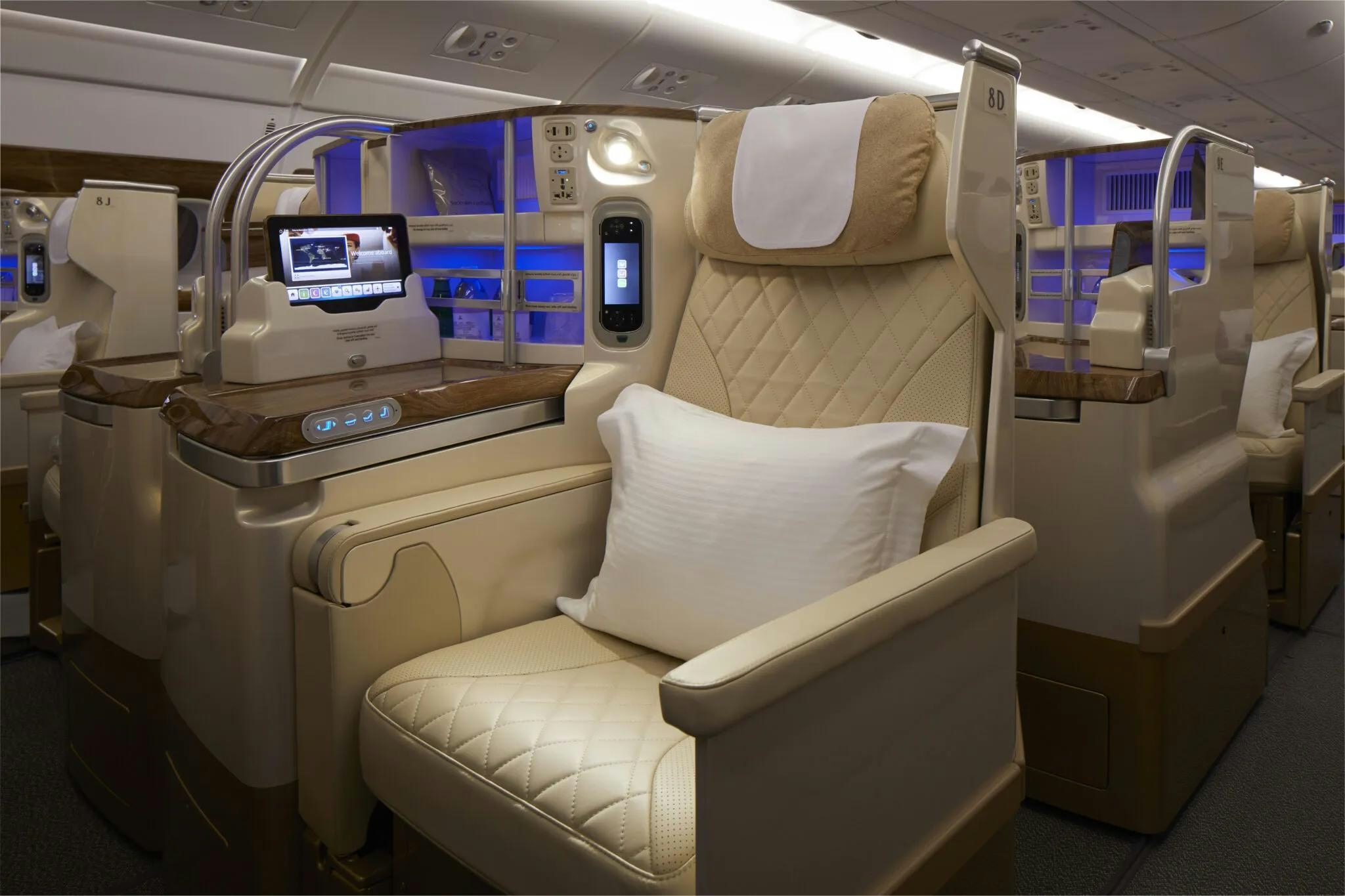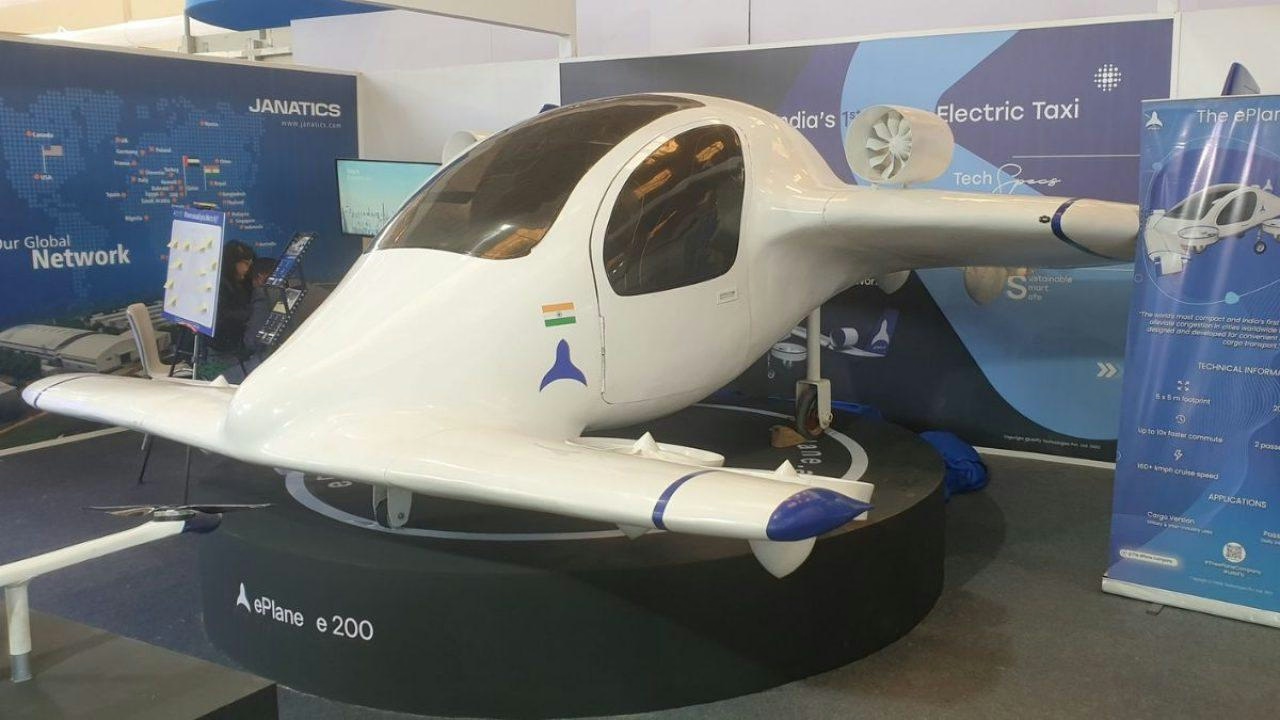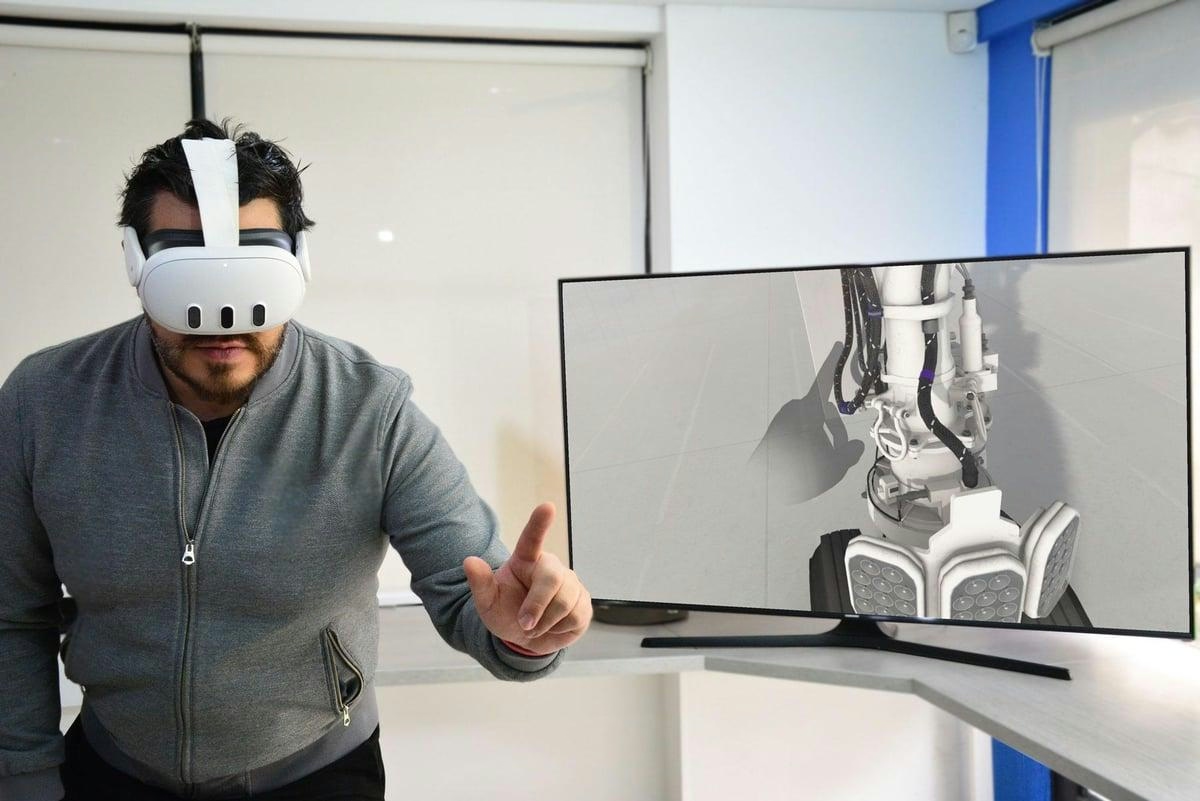AeroGenie — Il tuo copilota intelligente.
Tendenze
Categories
Emirates and Safran to Open Aircraft Seat Facility in Dubai

Emirates and Safran to Establish Aircraft Seat Manufacturing Facility in Dubai
Emirates Airline and Safran Seats have formalized a memorandum of understanding to create a new aircraft seat manufacturing and assembly facility in Dubai. This marks the first industrial partnership of its kind in the Middle East, underscoring a strategic effort to enhance the UAE’s aerospace capabilities and position Dubai as an emerging centre for aviation engineering and high-value manufacturing.
Expanding Aerospace Manufacturing in the UAE
The new facility will initially concentrate on producing Business- and Economy-Class seats to support Emirates’ extensive cabin retrofit programme. Plans are also in place to expand production to include line-fit seats for future aircraft deliveries. Beyond servicing Emirates, the site will cater to other Safran Seats customers, thereby introducing advanced manufacturing expertise and increasing production capacity within the Middle East. By localizing seat production, the partnership aims to meet growing global demand while utilising cutting-edge manufacturing technologies to enhance efficiency, quality, and turnaround times.
His Highness Sheikh Ahmed bin Saeed Al Maktoum, Chairman and Chief Executive of Emirates Airline and Group, described the agreement as a strategic milestone for Dubai. He emphasized that the collaboration will help establish the emirate as a genuine aerospace manufacturing hub, generate skilled employment opportunities, and develop a resilient supply chain capable of supporting Emirates’ operational needs as well as exporting to other carriers. The initiative is expected to directly benefit Emirates’ fleet retrofit programme and future cabin interior requirements.
Strategic Partnership and Regional Industry Context
Safran has been a longstanding partner in Emirates’ fleet projects, providing premium seating solutions for both retrofit and new aircraft, including the forthcoming A350 fleet. The establishment of the Dubai facility is viewed as a foundational step toward cultivating a broader aerospace manufacturing cluster within the city. Safran anticipates completing the facility by the fourth quarter of 2027, with an industrial footprint estimated between 20,000 and 25,000 square metres. Production will be phased in gradually, beginning with the assembly of up to 1,000 Business-Class seats annually.
This development occurs amid a highly competitive regional aerospace landscape. Established industry leaders such as GE Aerospace and Boeing continue to expand their presence in the Middle East. Notably, Boeing recently secured a significant contract to supply 130 GE9X engines to Emirates as part of a US$38 billion order, a deal that has attracted considerable market attention and may overshadow the announcement of the new seat manufacturing facility. In response, competitors are likely to intensify their own partnerships and investments in regional manufacturing, exemplified by Tata Advanced Systems’ collaboration with Safran for LEAP engine production.
Furthermore, the UAE’s increasing focus on advanced aviation technologies, including electric vertical take-off and landing (eVTOL) air taxis, presents both opportunities and challenges for the new facility. As the region’s aerospace sector diversifies, Emirates and Safran will need to navigate evolving market dynamics and technological shifts to secure the long-term viability of their Dubai venture.

Archer Aviation Partners with NVIDIA to Advance Aviation AI Technology

Chennai Startup to Develop India’s First Electric Air Taxi

Factors Positioning Airbus for Leadership in 2026

Emirates Unveils Cabin Design for New Boeing 777X

Eighteen Years On, the Airbus A380 Remains Central to a $34 Billion Airline

How a boom in luxury airline seats is slowing down jet deliveries

Navitaire Outage Attributed to Planned Maintenance

AI, VR, and Data Transform Pilot Training by 2026

Airbus Plans Record Delivery of 870 Aircraft in 2026

DigiYatra Debuts Outside Aviation at India AI Impact Summit
